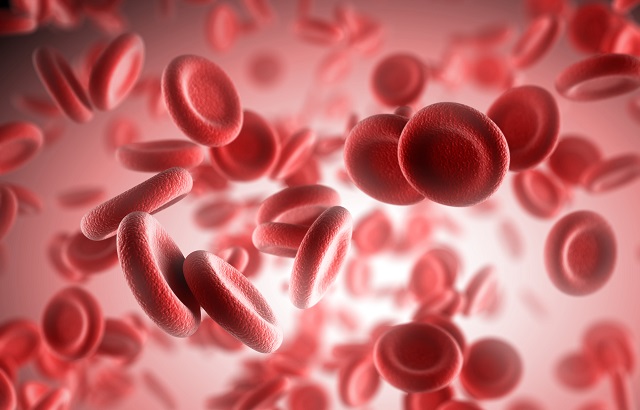Genetic Variation Linked to Higher Risk of Viral Infections, Study Reveals
The research, published today in Blood, and funded by the European Research Council (ERC) and Barts Charity, suggests that new drugs which target these immune system mechanisms could improve the treatment of viral infections.
Leucine-rich repeat-containing G-protein-coupled receptor 6 (LGR6) manages specific molecules produced by immune cells. One of these molecules is Maresin 1, which has been shown in mouse studies to regulate white blood cells’ ability to manage inflammation, repair tissues, and combat bacterial and viral infections.
Professor Dalli’s study used data from the Genes & Health project to identify individuals with a specific natural mutation which reduced the expression of LGR6. When cells from volunteers with this mutation were examined, it was found that they had significantly lower levels of the LGR6 receptor on white blood cells – including monocytes, neutrophils, and Natural Killer cells. These cells lost their ability to respond to the protective effects of Maresin 1, which meant they were less effective in clearing bacteria and responding to viruses.
To discover whether people with this genetic mutation experienced differences in their immune responses during their lifetimes, the study then compared health information stored in the UK Biobank, a large-scale biomedical database and research resource containing anonymised genetic, lifestyle and health information from half a million UK participants. These records showed a higher incidence of viral infections among individuals with this mutation, compared to the general population.
Professor Dalli said: “These results shed light on the role of Maresin 1 and its receptor, LGR6, in controlling immune responses in humans. They suggest that Maresin 1 and molecules that mimic its effects to activate LGR6 could be valuable in treating both inflammation and infections.”

